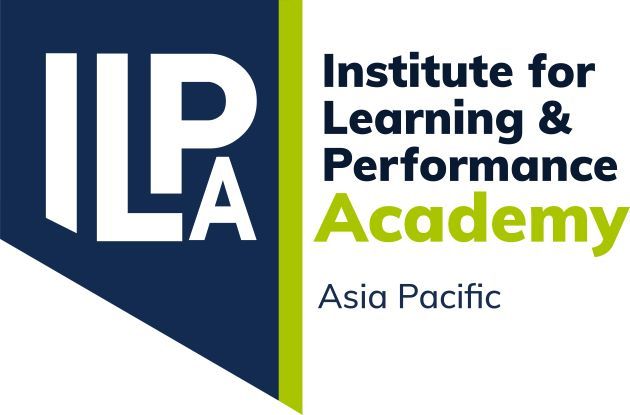The Art of Facilitation Excellence: Empowering Collaboration and Inspiring Action
Debbie Key
In today's rapidly changing world, effective communication and collaboration are crucial to the success of any team or organisation. At the heart of this lies facilitation excellence - the ability to expertly guide groups through complex discussions, decision-making processes, and problem-solving activities. By mastering the art of facilitation, you can empower collaboration and inspire action within your team, paving the way for innovation, efficiency, and growth.
Preparation: The Key to Success
The foundation of facilitation excellence is thorough preparation. This involves understanding the goals and objectives of the session, researching the participants, and designing an engaging, relevant, and adaptable agenda. A well-structured schedule should be flexible enough to accommodate unexpected twists and turns and clear enough to keep the discussion focused and on track.
Creating a Safe and Inclusive Environment
An effective facilitator fosters an environment where all participants feel safe and comfortable expressing their thoughts, opinions, and ideas. This can be achieved by establishing ground rules, promoting mutual respect, and practising active listening. By demonstrating empathy and cultural awareness, the facilitator can encourage openness and facilitate sharing of diverse perspectives.
Balancing Participation and Guiding the Process
The role of a facilitator is to balance active participation with careful guidance. This means encouraging quieter participants to contribute while tactfully managing overzealous speakers. By asking open-ended questions, summarising key points, and reflecting on the conversation, the facilitator can ensure that everyone's voice is heard and the discussion remains focused and productive.
Mastering Group Dynamics and Conflict Resolution
Understanding group dynamics is essential to facilitation excellence. An experienced facilitator can anticipate potential conflicts, address power imbalances, and diffuse tension within the group. The facilitator can help the group navigate conflicts and find common ground by fostering a collaborative atmosphere and promoting constructive dialogue.
Encouraging Accountability and Action
The ultimate goal of facilitation is to inspire action and drive results. To achieve this, the facilitator must create a sense of ownership and accountability within the group. By establishing clear expectations, setting SMART goals (Specific, Measurable, Achievable, Relevant, and Time-bound), and regularly reviewing progress, the facilitator can ensure that the group remains committed and focused on achieving their objectives.
In conclusion, facilitation excellence is a powerful tool that can transform how teams and organisations communicate, collaborate, and innovate. By mastering the art of facilitation, you can unlock the full potential of your team, drive meaningful change, and create lasting impact.
Contact us
-
Suite No. 1535, 17 Gould Road Herston Qld 4006
-
support@ilpasiapacific.com
Ph: 1300 768660
Opening Hours
-
Mon -Fri: 9:00am – 5:00pm
-
Sat – Sun: closed
Quick links
Courses
Copyright © 2024 ILP Academy. All rights reserved
